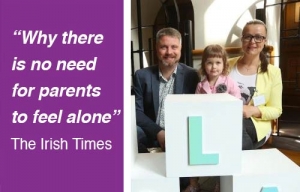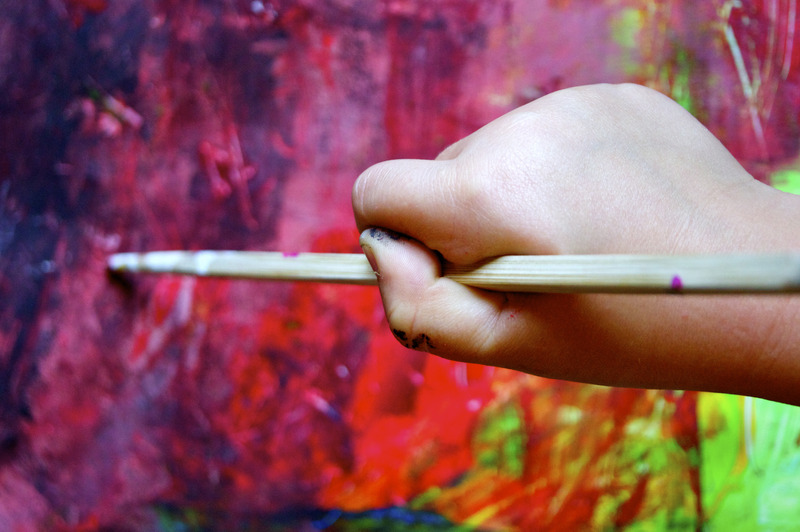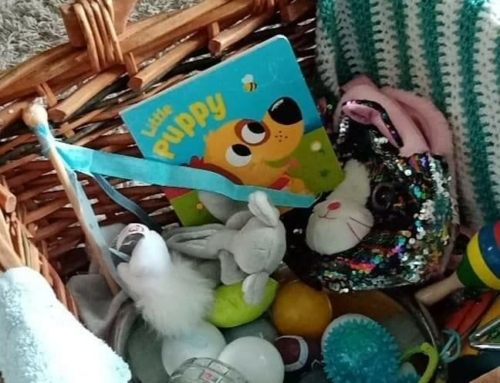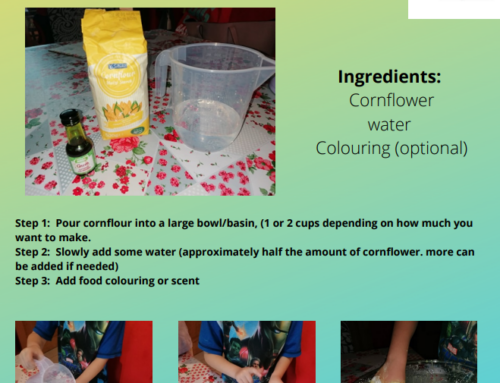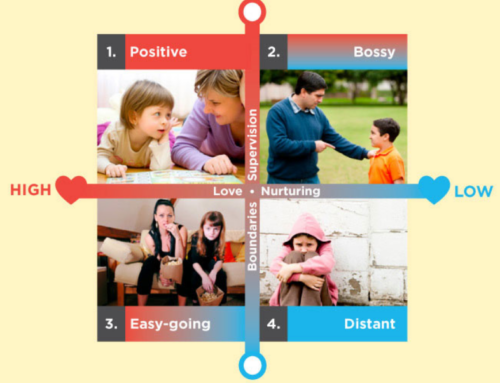When children draw, paint or create new things they love it when we praise them for their hard work. But how we go about praising our children can in fact have a negative impact. For example your 4 year old has been experimenting and messing with paint. Then they show you the work they have just done. It is full of blues, reds and yellows and you exclaim ‘Wow, what a beautiful sunset’.
Your child knows full well that the picture is not a sunset! So unfortunately this praise has a false ring to it. The reason being, your child is getting a message that the painting has to be something for you to like it. Therefore, messing and experimenting with paint isn’t worthy of praise. And they know they didn’t paint a sunset so therefore they aren’t a great artist.
A better approach might be to say ‘I really like the way you used blue, red and yellow paints and how they drip together. I can see how much fun you had doing this’.
By taking this approach you are praising the obvious. Clearly they used blue, red and yellow paint and you are stating that you like how the paints have dripped together. So what happens here is your child learns that you like him experimenting with colours. And he can see that you admire them having fun and experimenting with colours.
Praising children in this way helps them to feel that what they actually do is valued by those who count. At this young age being valued by their parent is so very important, in fact at any age being valued by parents is important. It also means you are paying attention to what they are doing, not just giving an automatic response.
Likewise, there are two ways we can criticise our children for something they have done wrong.
Your child has just spilled a glass of milk onto the floor!
You might say, as he spills the glass of milk ‘Look what you’ve done. You are so clumsy.’ By telling your child what they are – a clumsy person – you judge them. They learn from this that they are clumsy, and if they hear it enough times, always will be.
Again we can use a better approach by saying ‘You put your glass too close to the edge of the table. Now you can help me clean the floor.’
By telling your child exactly what they have done, they can judge the action as it really is. They can avoid spilling milk in this manner in the future. You have also given your child a way to deal with the spilled milk.
By avoiding praise and criticism that judges your child and instead use praise and criticism that judges your child’s action, your child will:
Learn better to evaluate their own behaviour.
Pursue what they are good at.
Work on what they find difficult.
And like themselves just the way they are!
This information is taken from issue 46 of our ‘Growing Child’. If you like our blogs please share.

